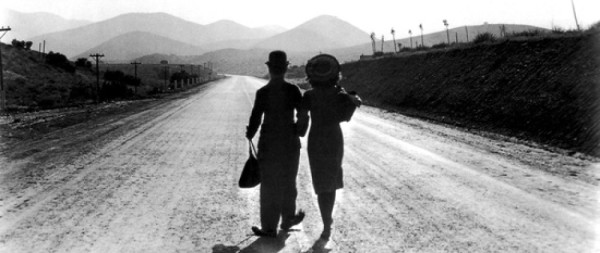Dark Victory
Directed by Edmund Goulding
Written by Casey Robinson based on the play by George Emerson Brewer Jr. and Bertram Bloch
1939/USA
Warner Bros.
First viewing/Netflix rental
[box] Judith: But I haven’t time to be ill.[/box]
The medical melodrama is not one of my favorite genres. I have to admit that this one is beautifully made and Bette Davis gives it her all.
Judith Traherne (Davis) is a strong-minded socialite who apparently lives with her best friend Ann (Geraldine Fitzgerald). Her one semi-productive activity is racing horses aided by her able Irish trainer Michael O’Leary (Humphrey Bogart with brogue!). Judith has been suffering headaches and one day as she is preparing a horse for a steeplechase she gets double vision and crashes through a hurdle.
Much against her will, her family doctor (Henry Travers) takes her to reknowned bachelor brain surgeon Frederick Steele (George Brent). Steele is preparing to close his practice to devote himself to research but one look at Judy and her symptoms has him hooked. He operates, only to discover a terminal malignancy. This is a “Hollywood illness” that will leave the victim vital and beautiful until the day blindness strikes and she dies. Steele, who has fallen in love with Judith, tries to hide her fate from her. With Ronald Reagan as a drunk in Judith’s set.
This is Bette Davis’s movie. For most of it, her Judith is a girl in love. There is a bit of the Davis “diva” especially when she is thwarted but often she is very moving with those expressive eyes of hers. I never thought I would see Bogart giving a performance like this. To his credit, he is utterly miscast but his brogue is spotty and he almost resorts to histrionics during his love confession scene. The cinematography by Ernest Haller is a thing of beauty, with rich and interesting shadows revealing the scenes.
Dark Victory was nominated for Academy Awards in the categories of Best Picture, Best Actress and Best Original Score (Max Steiner).
Trailer



